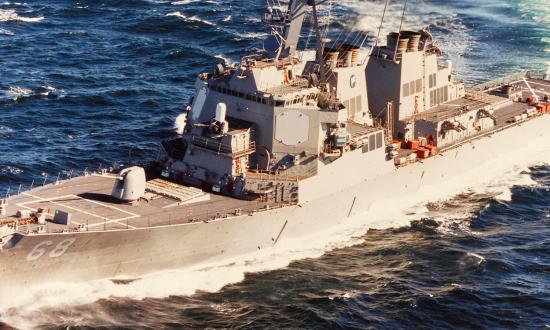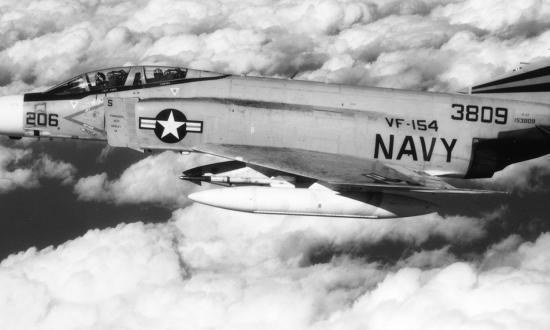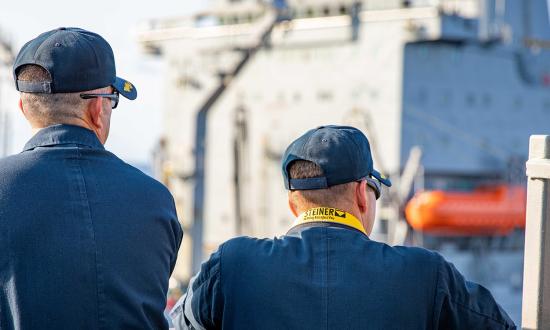April 1923 Proceedings—In “The Origin of Watertight Compartments,” Captain Elliot Snow, U.S. Navy, quoted from the Travels of Marco Polo, sailing from a Chinese port in 1292 with a splendid squadron of ships. On discovering a leak, “the crew . . . immediately remove the goods from the division affected by the water, which in consequence of the boards being so well fitted, cannot pass from one division to another. The ships are all double planked, that is they have a course of sheathing boards laid over the planking in every part. . . . They are not coated with pitch . . . but the bottoms are smeared with an unguent which retains its viscous properties . . . better material than pitch.”
April 1973 Proceedings—“Militarily, the Allied Intervention was farce,” Captain Sumner Shapiro, U.S. Navy, wrote in “Intervention in Russia (1918–1919).” “Politically, it was a disaster. It accomplished nothing positive, but only served to strengthen the position of the Bolsheviks in Russia, to create dissension among the Allies, and to render the Western powers vulnerable to charges of armed interference in Soviet domestic affairs. These charges had decided impact on East/West relations for years. It is not inconceivable that they underlie some of the distrust of the Western powers existing in the Kremlin today.”
April 1998 Proceedings—In “Counterbattery from the Sea,” Major James W. Hammond III, U.S. Marine Corps, wrote, “To achieve an effective amphibious capability, the on-scene commander needs a complete naval fire-support system. The Aegis platform, because of its high-power, phased-array radar and processing capability, provides the best system for integrating a counterbattery detection capability at sea, without adding a new radar to the suite of systems already taking up valuable space or requiring additional personnel and maintenance support on board ship. Leveraging its existing capability appears to be the most cost-effective way of meeting this much-needed requirement.”
A. Denis Clift
Golden Life Member






